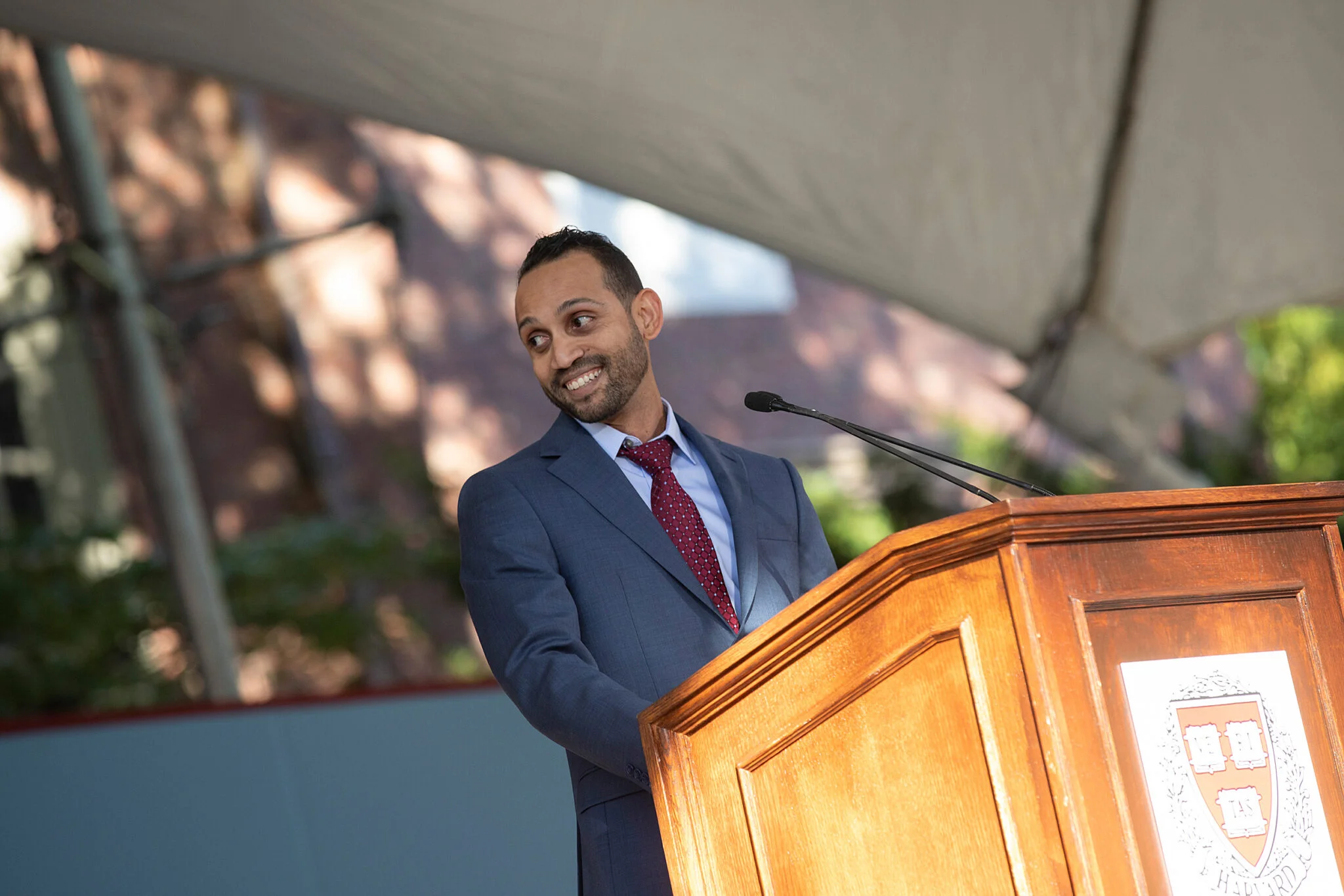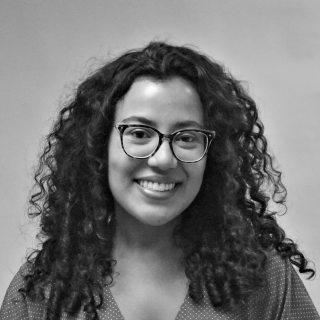
The importance of guidance programs for immigrant students
Calixto Sáenz participated in one at Harvard when he moved to the U.S. Now as a director at Harvard Medical School, he has a similar initiative to help others.
Calixto Sáenz initiated his education in Colombia, where he was born and raised. As an undergraduate student, he had the opportunity to start working on some basic research for a biopolymer company — which introduced him to the research area he ended up falling in love with.
His passion became his work, and his work became his passion as he graduated from two programs simultaneously — a bachelor of science in electronic and electrical engineering — and started to work as a researcher and developer.
Sáenz knew that he wanted to do research in some of the best and most well-known institutions in the world, so he decided to move to Massachusetts to pursue his studies and fulfill his dreams and passions.
The different environment initially seemed to be a barrier for him, but after enrolling in the Bridge Program at Harvard University — an adult education and training program that provides courses, services, and resources for them to meet their goals — his adaptation process became easier, and he was able to get where he always wanted to be.
“It's a great program that helps people who are in the process of getting a degree, but have a language barrier and have to adapt to a new culture and system,” he said.
Described by Sáenz as a life-changing experience, the Bridge Program allowed him to immerse himself in the culture of his new country of residence. When he arrived in the United States, the only thing he knew was what he wanted to study, but nothing else. He didn’t have knowledge about the American system, making it more difficult to plan his next steps.
In the program, he took not only English classes but also “how to” ones — how to find a job and how to look for an internship, for example. Sáenz said that those experiences elevated him and allowed him to make connections in the field, which ended up opening many doors.
“You have to study and work hard, and still have that willingness to commit and be responsible to continue growing,” he said. “But it doesn’t matter if you have it unless you have someone who gives you an opportunity.”
FOLLOWING HIS AMERICAN DREAM
Sáenz got accepted to study at the University of Massachusetts Lowell graduate program in plastics engineering — to where he moved without knowing anyone in the country, in 2009. While taking classes, he would also work at other jobs and internships — one of them as a full-time cashier at Harvard cafeteria: the experience that not only introduced him to the Bridge Program, but also made him meet people who offered him an internship at Harvard.
By the end of his graduate program, he was working as a research assistant in the Harvard Medical School (HMS) microfluidics core facility — a dream that didn’t seem real.
His passion for the work he does as a researcher and his love for the academic environment gave him the strength he needed to keep working in as many internships and jobs as possible without giving up. All the hard work eventually paid off as he climbed up positions in the lab, going from initially part-time research assistant to the full-time manager, reaching his ultimate goal as HMS’s director.
RELATED CONTENT
HELPING OTHERS OVERCOME DIFFICULTIES
Besides knowledge, Sáenz’ time at HMS allowed him to network with important people. He highlights how important it is to make connections when starting in a new place, as immigrants have to keep proving their worth. The United States has many tools and options for people who want to overcome barriers and succeed. However, on top of the language barrier, international graduates have to keep proving they are who they were in their countries, Sáenz said.
“When you come to this country, everything that you did before is pretty much erased because you have to start from zero,” he added.
In order to help others in similar situations as the one he was in when he moved to Massachusetts, Sáenz started a program that offers opportunities to community college students so they can have valid experiences in their resumés when pursuing jobs after college. Sáenz brings those students as interns and serves as their mentor, guiding them professionally and in academia. Twelve people have participated in the program so far, one of them being his current lab coordinator.
“The program wants to make it easier [for] students from community colleges to get into the field and to continue,” Sáenz said. “They have so much potential, and all they need is some guidance to start.”
As a way to give back to the community, Sáenz sees the potential in the students, their willingness to work hard, and the sacrifices they make. He enjoys seeing them grow from the start to the end of the program. He said it’s a fulfilling experience that he has always wanted to do.
His advice for people entering academia now is to be patient and persevere. Rushing is not the best way to get what you want, as neither is sitting around and just waiting for opportunities to come to you. They are out there, but people need to find them.
“If you have a goal, go for it,” he added. “This country has the opportunities for you, but do not expect for them to come to you, you have to work towards it.”











LEAVE A COMMENT:
Join the discussion! Leave a comment.